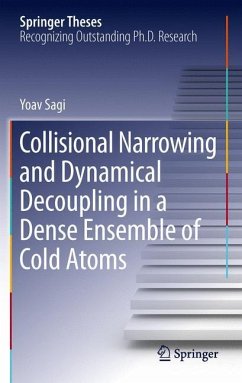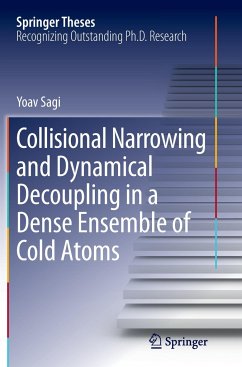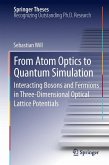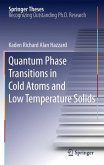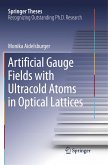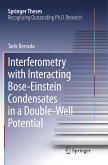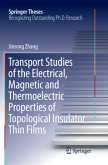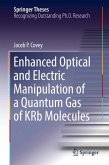Ultra-cold atomic ensembles have emerged in recent years as a powerful tool in many-body physics research, quantum information science and metrology. This thesis presents an experimental and theoretical study of the coherent properties of trapped atomic ensembles at high densities, which are essential to many of the aforementioned applications. The study focuses on how inter-particle interactions modify the ensemble coherence dynamics, and whether it is possible to extend the coherence time by means of external control. The thesis presents a theoretical model which explains the effect of elastic collision of the coherence dynamics and then reports on experiments which test this model successfully in the lab. Furthermore, the work includes the first implementation of dynamical decoupling with ultra-cold atomic ensembles. It is demonstrated experimentally that by using dynamical decoupling the coherence time can be extended 20-fold. This has a great potential to increase the usefulness of these ensembles for quantum computation.
Bitte wählen Sie Ihr Anliegen aus.
Rechnungen
Retourenschein anfordern
Bestellstatus
Storno

